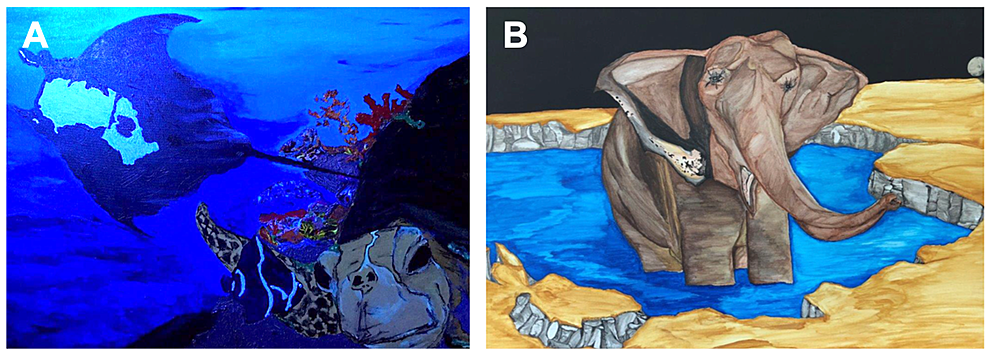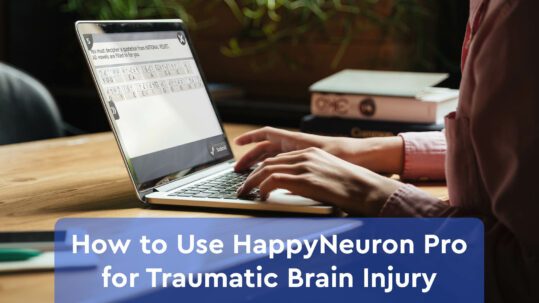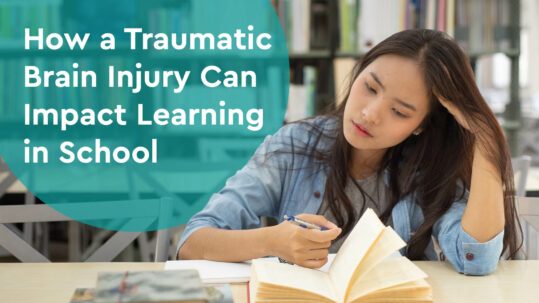A TBI helped him become an Artist
Traumatic brain injuries (TBIs) may sometimes have an unexpected positive impact on one’s life. More often than not, TBIs interrupt or inhibit hobbies or lifestyles people once enjoyed. However, brain injury recovery involves the rewiring of one’s previous neural connections which in turn may have unexpected consequences. In this blog article today we are going to share a phenomenon that sometimes occurs in TBI patients: the formation of new superlative abilities post-injury. One such case is of a man who developed a newfound ability to produce excellent works of art. In this blog post, we share the story of a person living with a brain injury who became an artist.
About the Artist
The newfound artist is a 40-year old male who suffered a brain injury as a result of a motor vehicle accident (MVA). As a result of his MVA, he also developed post-traumatic stress disorder (PTSD) which can cause someone to have extreme feelings of anxiety, depression, and stress when exposed to certain triggers.

After his brain injury, he began completing inpatient therapy and rehabilitation. When in therapy, he worked extensively on his memory, visual-spatial skills, reading abilities, and walking. These are common therapy targets after a brain injury, as a brain injury may cause someone to have memory problems, have trouble with their visual-spatial reasoning, have difficulty balancing, and make impulsive decisions or movements.
Part of his therapy also focused on working on emotional and psychological well-being. Sometimes, people may have depression, mood swings, or anger outbursts due to the rewiring of their brain post-injury. These emotional and psychological symptoms may also be brought on by complications such as experiencing headaches or seizures resulting from the brain injury.
About His Artwork
Soon after his TBI, the patient began noticing a new interest in the arts. Through this newfound passion, he uncovered a talent in many artistic media: painting, music, graphic design, writing poetry, and rapping. These new artistic abilities continued to improve with every visit to his physician. The most amazing part of his story? He had no previous ability in any areas of art!
His newfound talents also translated into his recovery: he suddenly found himself improving his dexterity, language, and vocabulary. This helped him do the things he once loved to do in his life before his brain injury. After some time, he decided to start a talk show with his wife, where they would discuss the meals that they would make together. In addition to becoming an artist, he also learned to be a cook and a radio show host! His recovery shows that creativity knows no bounds, especially after a brain injury.
Conclusion
Brain injury causes cognitive, physical, and psychological changes for survivors.
However, sometimes brain injuries may result in new abilities, such as being able to paint or produce music. It is important for medical professionals, caregivers, and patients themselves to be reminded that while experiencing a brain injury is a major life event, it can have unexpected positive consequences. Professionals working with clients that have experienced a brain injury may want to expose them to art therapy, music therapy, or other ways that they may express themselves creatively. Some creative hobbies may translate into improving cognitive abilities and emotional regulation by providing a way to practice these skills while providing a sense of fulfillment to the client. By helping clients with brain injury discover creative outlets, you may be able to help them recover more than just cognitive skills, but their ability to enjoy life and do things that they once loved.









